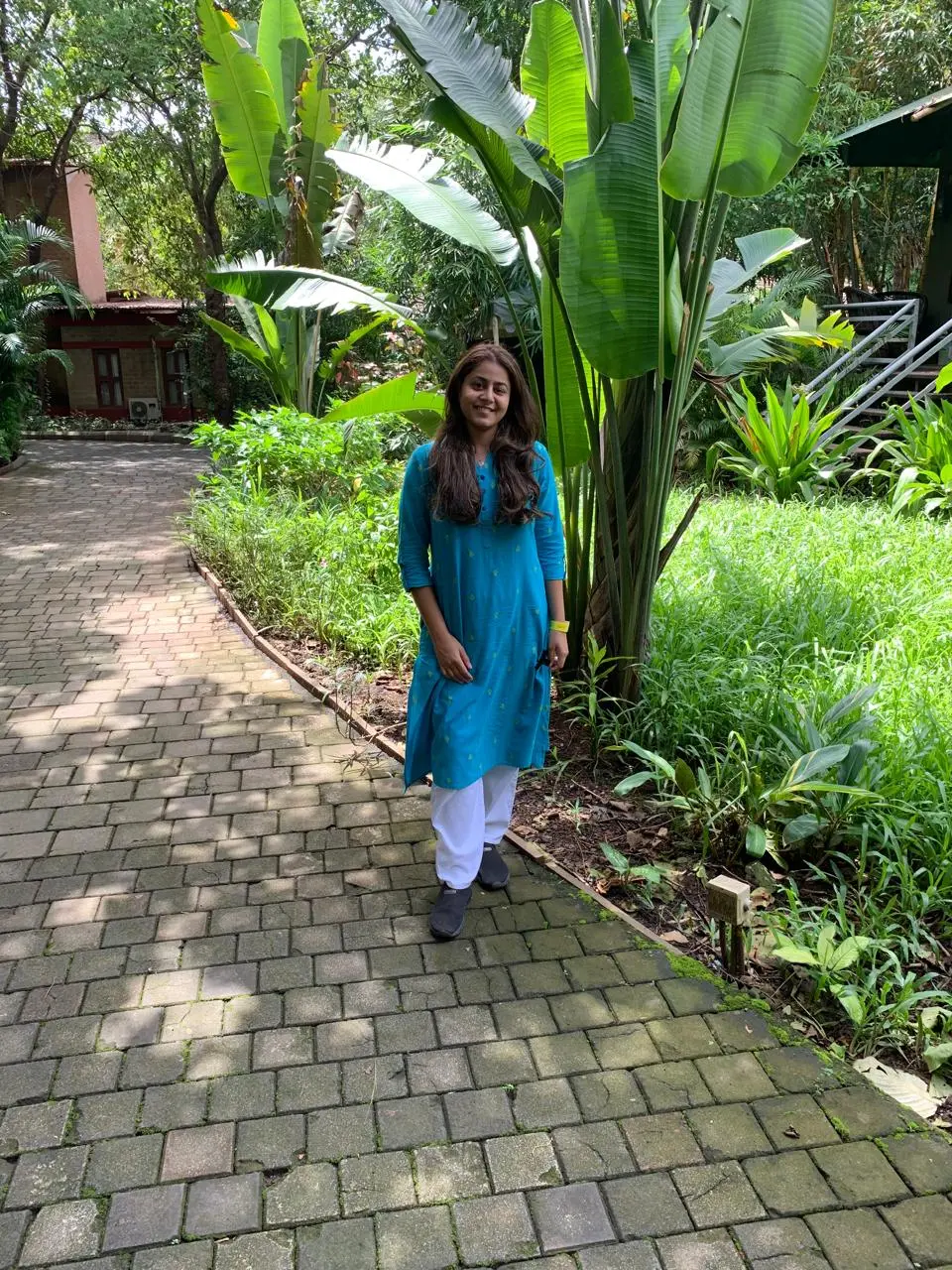
For many people around the world, coffee and tea are not just beverages—they are rituals, comfort, and a source of energy. But have you ever wondered why quitting these drinks can feel so challenging, even if you know they aren’t the healthiest choice for your body? The answer lies in a combination of physical, psychological, and emotional factors that make the attachment to coffee and tea hard to break. In this blog, we will explore why it is so difficult to quit coffee and tea, how these drinks impact our bodies, and most importantly, how you can gradually reduce your dependency while improving your health. Ready to explore the science behind your coffee cravings and take the first step toward a healthier you? Let’s dive in.
Have you ever tried to quit coffee or tea, only to find yourself reaching for another cup a few days later? You’re not alone. Many people struggle with caffeine dependence, whether it’s coffee, tea, or both. But why is it so difficult to quit something that we know isn’t always great for our health?
What if I told you that your brain might be working against you, even when you have the best intentions? It turns out that the struggle to quit coffee and tea involves more than just the physical effects of caffeine—it’s deeply intertwined with habit, routine, and even emotional comfort.
In this blog, we’ll explore the complex relationship between coffee, tea, and our minds and bodies. We’ll also discuss how to make the process of quitting more manageable and why it’s worth the effort to break free from this caffeine dependency.
Coffee and tea contain caffeine, a stimulant that affects the central nervous system. When consumed, caffeine blocks adenosine receptors in the brain, which are responsible for promoting sleep and relaxation. By blocking these receptors, caffeine increases the release of dopamine and norepinephrine—neurotransmitters that promote alertness, focus, and energy.
But here’s the catch: The more regularly you consume caffeine, the more your body becomes accustomed to it. Over time, your body starts to rely on caffeine to feel "normal" and alert. This is why it can be so difficult to quit—your brain has been conditioned to expect and crave that caffeine boost. In fact, when you stop drinking coffee or tea, you may experience withdrawal symptoms like headaches, fatigue, irritability, and brain fog, which can make quitting feel nearly impossible.
Did you know that caffeine addiction can also affect your ability to sleep well at night? While caffeine gives you a quick energy boost, it disrupts your sleep patterns and can lead to poor-quality rest. This creates a vicious cycle where, without proper rest, you crave even more caffeine the next day.
Caffeine’s effects aren’t just limited to our brain. It also impacts various systems in our body, including the heart, digestive system, and even hormones.
Many people, particularly those who drink several cups a day, don’t realize the cumulative effect caffeine has on their overall health. From disrupting sleep patterns to influencing hormones and increasing stress, caffeine dependency can silently impact your physical and mental well-being.
If you’ve ever tried quitting and experienced feelings of exhaustion or irritability, it’s likely due to the sudden drop in cortisol levels, which were being artificially stimulated by caffeine.
Beyond the physical effects of caffeine, there’s also a psychological aspect to our attachment to coffee and tea. For many people, these beverages are tied to daily rituals and emotional comfort. Coffee and tea are often consumed during breaks at work, as part of a morning routine, or as a way to socialize with friends or colleagues. Over time, the act of drinking these beverages becomes more than just about the caffeine—it becomes an integral part of our routine, identity, and sense of normalcy.
Have you ever noticed how much more you enjoy your cup of coffee in the morning because it’s part of your ritual? This connection between the beverage and comfort makes it all the more challenging to quit. The idea of not having that morning cup of tea or coffee can feel like something is missing from your day, making the thought of quitting feel daunting.
What if we viewed coffee and tea differently—not as something we need to feel functional, but as something we choose in moderation for enjoyment and well-being? Changing our perspective can be a key part of successfully reducing or eliminating caffeine dependency.
Our relationship with coffee and tea is often more about the ritual than the drink itself. For many people, the act of brewing a cup of coffee or steeping tea becomes a comforting routine, a moment of peace amidst a busy day. It’s a time for reflection, a mental break, or even a chance to socialize with others. This ritualistic aspect of coffee and tea can make it feel even harder to give up, as it’s tied to emotional well-being and the comfort of routine.
When I first tried to reduce my coffee intake, I didn’t realize how much I had come to associate coffee with relaxation. I would brew a cup in the morning, take a few moments to sip and center myself before starting the day. It wasn’t just about the caffeine—it was about the pause it gave me in my busy routine. Once I realized this, I was able to replace my morning coffee with herbal tea or a best online meditation session, without losing the comforting ritual.
Breaking the psychological and ritualistic dependency on coffee or tea requires more than just eliminating the drink—it involves finding new, healthier routines that provide the same sense of comfort and relaxation.
Despite the challenges, quitting coffee and tea can have tremendous benefits for your health and well-being. When you free yourself from caffeine dependency, you may experience:
Quitting coffee and tea doesn’t just give your body a break from caffeine; it also opens the door to exploring new rituals and routines that enhance your overall well-being.
If you’re looking to reduce or eliminate your caffeine intake, it’s important to approach it gradually. Sudden withdrawal can lead to uncomfortable symptoms such as headaches, irritability, and fatigue. Here are some practical tips to help ease the transition:
I once relied heavily on coffee to get through the day. I would drink multiple cups in the morning and again in the afternoon, convinced that I needed it to stay focused and energized. It wasn’t until I began focusing on holistic self-care and Ayurveda that I realized the toll caffeine was taking on my body and mind.
By gradually reducing my intake and incorporating healthier rituals into my routine, I began to feel more balanced, energized, and at peace. My sleep improved, my digestion became more regular, and I felt more connected to myself and my well-being.
At Aatmashanti Wellness, we understand how deeply ingrained certain habits can become. Whether you’re looking to reduce caffeine or transform your overall lifestyle, we offer a range of holistic tools, resources, and support to guide you through the process. Our platform focuses on Ayurveda, self-care, and spiritual healing, helping you rediscover balance and vitality without relying on caffeine or other external stimulants.
Visit www.aatamashantiwellness.com today to start your holistic health journey and receive expert guidance on how to improve your well-being from the inside out.
Quitting coffee and tea can be a challenge, but it’s one that’s well worth pursuing for the sake of your health. From the physical dependence on caffeine to the psychological comfort of the ritual, breaking free from these habits requires patience, self-awareness, and healthy substitutes.
Are you ready to break free from caffeine addiction and discover a more balanced, vibrant life? Join Aatmashanti Wellness and start your holistic healing journey today.
I had joined cross fit and yoga program for few weeks under Shreya, she is an expert and conscientious person. She also keeps on motivating as and when needed, guided us regarding what is good for our health. Her workouts had great impact on my health. It was pleasure working out with her.
- Sylive
The experience was very thrilling. The advice which was given by Shreya ma'am about the daily diet was effective. I also went to other classes but they were not good as this one. The exercises which we did were of different types and it improved my skills too.
- Kiran
A truly incredible coach. Who will encourage you and the meal plans are definitely healthy and keeps you full. The exercises also help you loose weight and gain more muscle mass. I feel fresh and healthy now that I am following the plan. Thanks Shreya your incredible.
- Shita Shetty
On behalf of Indira Institute of Business Management, we would like to express our appreciation and gratitude to you and your team for the enthralling session conducted on, "The Importance of Fitness". It was the need of the hour, and we are confident that our students will be inspired to pursue their fitness goals after this wonderful and energetic session.
- Dr. M. Sreedharan
This is an amazing place to work out. Shreya and her team keep us on our toes (sometimes literally) and keep us motivated and energized throughout the session. The various types of exercises conducted by her keeps this class from being monotonous. Enjoying it thoroughly.
- Aswathy
